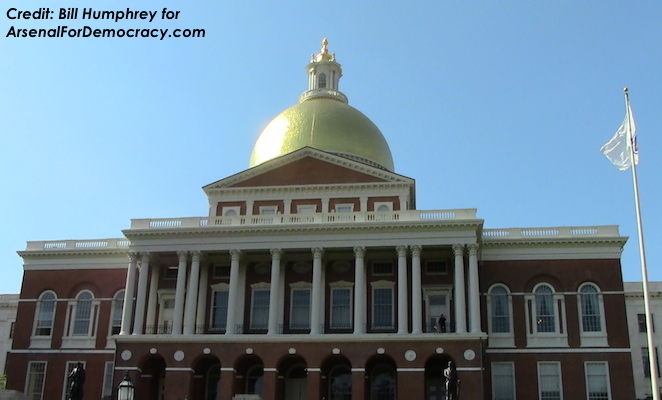In this Arsenal For Democracy mini-series, we propose new, progressive Constitutional rights. Part III: A right to free and high-quality childcare and education, by Maria.
Education – and the possibility that it means your children can and will do better than you have been able to do – is what drives nearly all American citizens and citizens-to-be to believe in the dream of America. However, to realize that dream, both quality public education and quality early childcare/pre-K must be considered an unquestioned public right for all Americans. Access to both must be guaranteed to all, regardless of means or geographic location, to secure that right.
A need to act
Childcare and education are often intertwined. In order to spend an 8 hour day working, parents drop off their kids at a Pre-K, Daycare Center, or Day Camp that promises an enriching learning environment. Recently it was reported that childcare costs more than college in 24 states. An impressive and depressing statistic when you consider that college tuition “…has been rising almost six percent above the rate of inflation”.
Study after study shows that children who receive pre-school education do better than their less fortunate peers; progress begets progress for the rest of their lives. Competition for Pre-K programs can be so fierce that many schools operate by lottery.
We shouldn’t have to stage a Hunger Games for tots to decide who gets to learn the numbers and colors. We are failing our children and our own futures by not addressing this burden.
Uneven funding
Adding to this challenge is the inherent inequality in the way schools are funded in the United States, through local property taxes. What you and your community can afford to pay (or how much your local government prioritizes educational investment) will determine what kind of education your child receives over a lifetime.
Some parents are fortunate enough to be able to navigate and afford systems that may require applications for a child even before he or she is born. Others are financially secure enough to be able to move to better school districts. Clearly, not everyone can do this.
Should a child be denied a chance at a better life due the geographic circumstances of their birth? Should the quality of their earliest years of school be determined on their parents’ incomes? A meritocracy cannot emerge from such inequalities. These inequalities rob a certain share of our population’s youngest members of the opportunity for a decent start, for arbitrary reasons.
If the core of the American Dream is believing that your children will do better than you did, every child must be provided with at least a baseline of quality education and childcare. For our society to have any hope of realizing a meritocracy to, neither of these can be beholden to rich or poor, urban or suburban, etc.
The right of the people
State constitutions or the federal constitution should be amended to include a free public childcare and schooling provision along the following lines:
“Every person has the right to access high-quality, free education and early childcare regardless of his or her means or geographic location. The legislature [or Congress] shall make such laws as are necessary to secure this right to all residents.”
Those who wish to supplement public offerings with private options would continue to have that ability, but everyone would have access to a strong starting point before reaching adulthood. The fresh slate promised by the American Dream currently does not exist for a poor child, but it could.
Countries the world over have enshrined the right to a free, high standard of education in their constitutions. If America truly wishes to remain one of the most highly educated countries, we must focus on making education freely accessible to all, while also highlighting quality.
Ensuring free public education and childcare for all children not only increases their chances at fulfilling their parents’ dream of a better future, it would also make sure the future of the parents – and our entire society – is well cared for.





